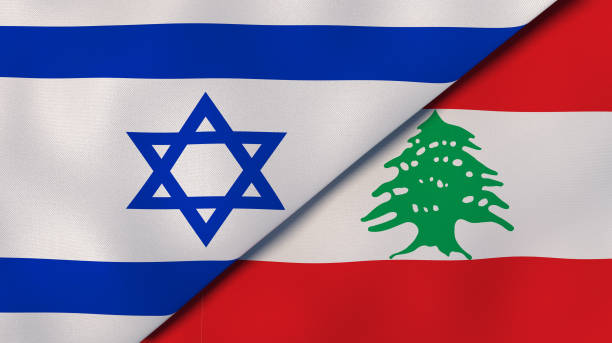The war between Iran-backed Hezbollah and Israel started on July 12, 2006, days after Hezbollah operatives captured two Israeli soldiers in a cross-border raid, which they hoped would secure a prisoner swap deal with their Israeli counterparts. Israel responded militarily to retrieve the two soldiers and with the intent of destroying Hezbollah. The conflict ended on August 14, 2006. The Israeli air attacks, artillery, and naval attacks killed around 1,109 Lebanese wounded more than 4,000 while millions were displayed. 250 of the Hezbollah fighters were killed in the attack. While Hezbollah rocket attacks killed 43 Israeli civilians and 12 soldiers. The Lebanese government estimated the cost of the damages to be around $ 2.8 million.
Since the war, Hezbollah has expanded its arsenal and has become a crucial paramilitary group in the region. The rockets and missile arsenal grew around 15,000 in 2006 and to an estimated 130,000 rounds in 2018. Since its expansion into regional military activity, it has grown largely in numbers and has diversified its military tactics and arsenal, most notably through its collaboration with the Russian and Syrian armies.
In recent years, Israel has launched air attacks on Hezbollah and Iranian convoys in Syria. But while tensions between Hezbollah and Israel have intermittently flared at the southern Lebanese border over the past 15 years, the situation has largely remained calm in Lebanon, although tensions continue to surface.
The border of Lebanon and Israel has been manned by the United Nations peacekeeping forces. The border has been at peace since 2014 yet the situation changed on August 4, 2021, when people in thousands gathered on the streets to commemorate the first anniversary of the Beirut port blast, three rockets were fired from southern Lebanon towards Israel. Israel has held Hezbollah responsible for the firing. As per the reports, the Lebanese army has claimed that 92 shells were fired.
On August 5, Israel struck Lebanon with an airstrike. This was the first airstrike since 2014. Later, on August 6, 20 rockets were fired by Hezbollah inside Israel. This attack was owned by the military group and they further threatened Israeli with severe retaliation if they did not stop its airstrikes.
Later, Hezbollah Chief Hassan Nasrallah has announced that an Iranian fuel tanker was en route to Lebanon to ease the hardship of the Lebanese. But it remains to be seen that how Israel will respond to the Iranian tanker when it reaches Lebanon or Syria. The situation has already escalated dramatically with Lebanese already dealing with the economic crisis and going through the worst affected poverty.









